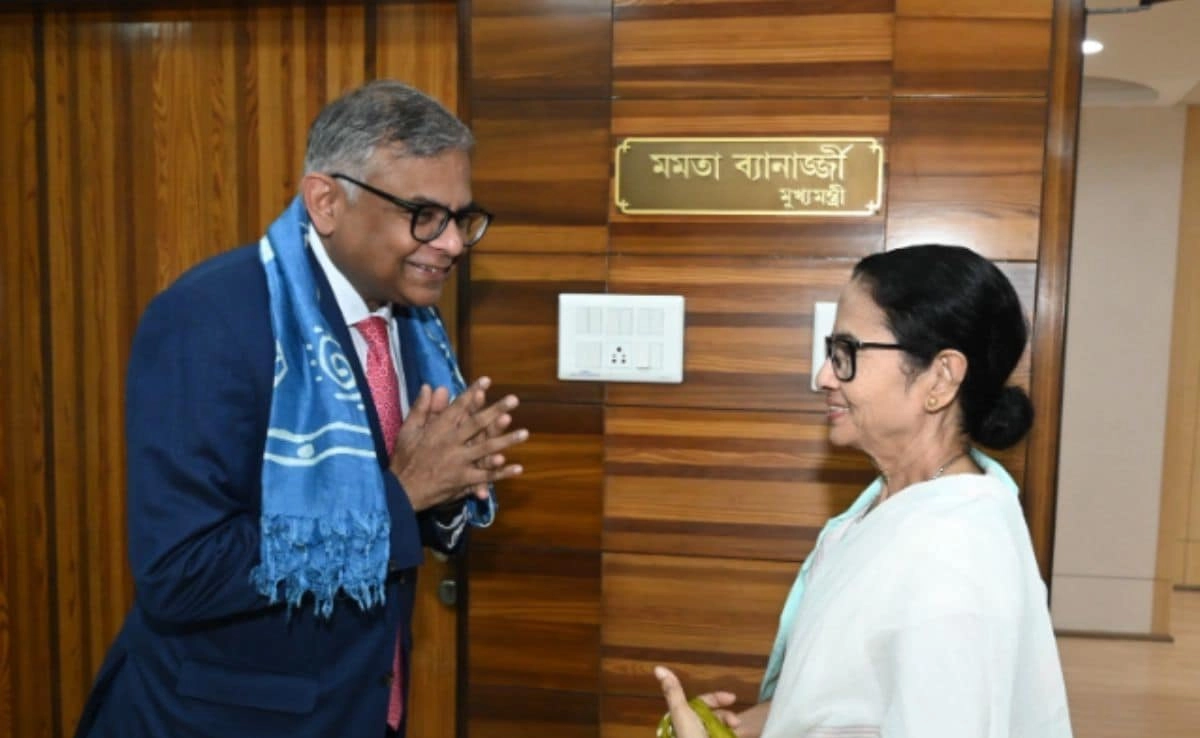The recent meeting between Mamata Banerjee, the Chief Minister of West Bengal, and Natarajan Chandrasekaran, the Chairman of Tata Sons, has sparked significant interest as it marks a pivotal moment two decades after the tumultuous events surrounding the Singur land acquisition controversy. In the late 2000s, the West Bengal government, led by the Left Front, had acquired land in Singur for the Tata Nano car project, which led to widespread protests and political upheaval. Mamata Banerjee emerged as a key figure during this period, advocating for the farmers who lost their land. Her relentless efforts culminated in the return of the land to the farmers and ultimately played a crucial role in her ascent to power in the state.
The recent meeting signals a potential thaw in relations between the state government and Tata Group, which had faced significant backlash during the Singur episode. This reconciliation could pave the way for new investments and initiatives in West Bengal, particularly as the region seeks to revitalize its industrial landscape. The discussions between Banerjee and Chandrasekaran are seen as a step toward rebuilding trust and fostering a more collaborative environment for business development. With West Bengal’s rich industrial history and the current government’s focus on attracting investments, this meeting could be instrumental in reshaping the economic narrative of the state.
Moreover, the meeting highlights a broader trend of political and corporate leaders coming together to address economic challenges. As India continues to navigate a rapidly changing global landscape, collaboration between state governments and industry leaders will be essential for driving growth and innovation. The potential for Tata Group to reinvest in West Bengal could serve as a catalyst for job creation and infrastructure development, contributing to the overall economic recovery post-pandemic. The implications of this meeting extend beyond mere nostalgia; they signify a renewed commitment to fostering a business-friendly environment that prioritizes the interests of both the government and the corporate sector.
As the two decades since the Singur controversy have shown, the relationship between government and industry is complex, shaped by historical grievances and shifting political landscapes. However, the willingness of Banerjee and Chandrasekaran to engage in dialogue suggests a recognition of the need for a united approach to addressing the challenges facing West Bengal. By moving past the contentious history and focusing on future opportunities, both leaders may be laying the groundwork for a more prosperous and cooperative relationship that benefits the state and its residents in the long term.




